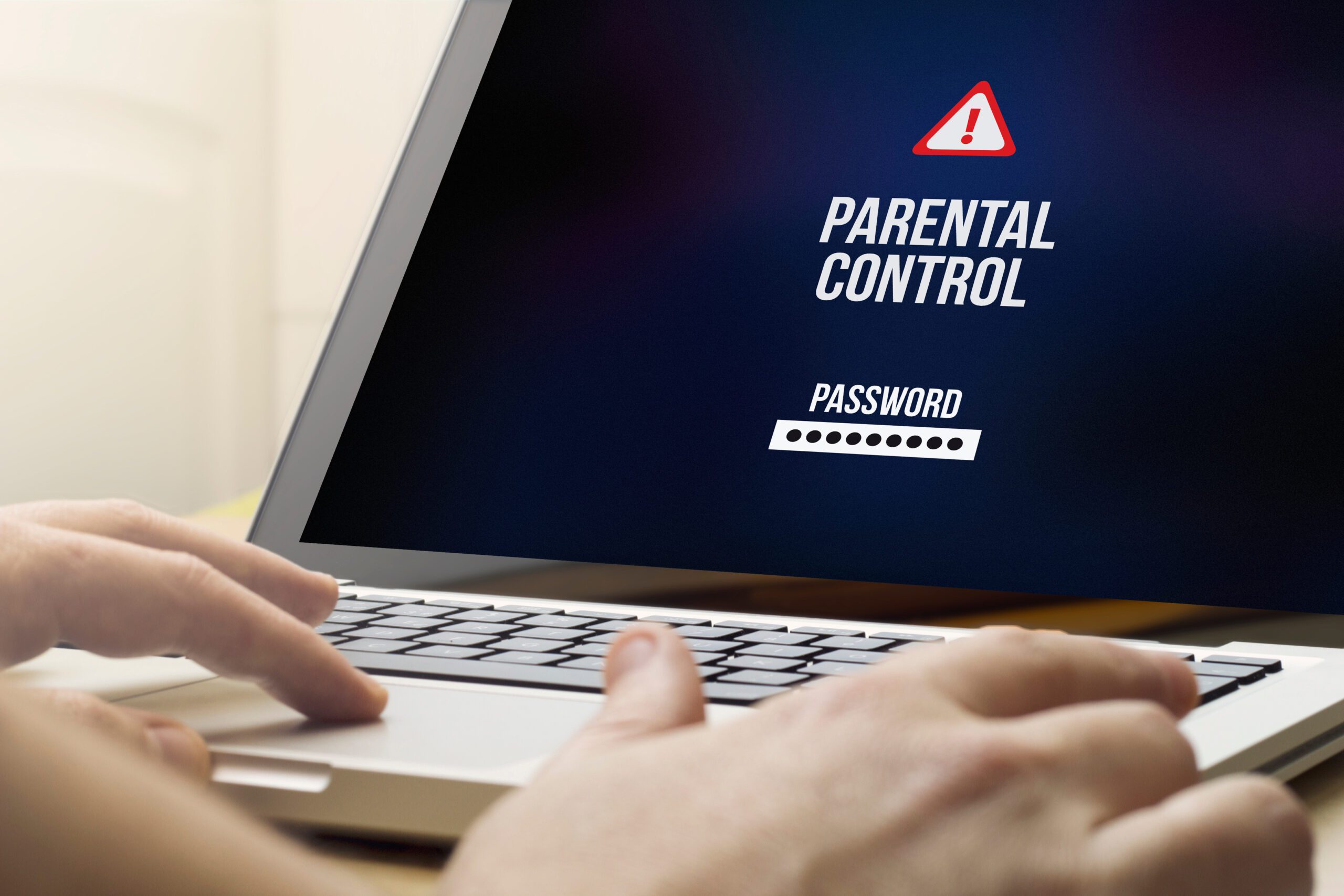Browsing Privately: Staying Anonymous Online

Private browsing could be your answer if you’re worried about online privacy and security. We cover what private browsing is, its various types, and why it’s worth considering. Discover methods like private browsing mode, VPNs, and proxy servers for browsing privately. We also offer tips on staying safe despite the limitations. Dive in to learn the reality of private browsing.
What Is Private Browsing?
Private browsing is a mode in web browsers that allows users to surf the internet without storing their browsing history.
This feature is essential for those concerned about online privacy and security, as it prevents the browser from storing cookies, temporary internet files, and search history. Private browsing protects user data from being shared across websites and helps to avoid targeted advertising based on browsing habits. It is beneficial when using a shared computer or accessing sensitive information, as it provides a temporary shield against potential tracking or data collection. Private browsing can prevent websites from recognizing returning users or logging into multiple accounts simultaneously without interference.
What Are The Different Types Of Private Browsing?
Different types of private browsing include incognito, privacy, and InPrivate, each offering varying levels of anonymity and data protection.
Incognito mode, mainly utilized in Google Chrome, allows users to browse without saving browsing history or cookies and prevents websites from tracking them. Privacy mode, found in Mozilla Firefox and Safari, also blocks tracking but may still record history locally. Microsoft Edge’s InPrivate browsing provides similar features with added options to prevent downloads and autofill data from being saved.
Why Should You Use Private Browsing?
Private browsing is essential for safeguarding your online identity and privacy from various threats. It prevents websites from tracking browsing behavior and ensures that your data, including search history, cookies, and passwords, isn’t stored on your device. Concealing your IP address allows anonymous browsing, reducing the risk of being targeted by hackers or intrusive advertisers. Private browsing blocks third-party cookies and trackers, maintaining privacy and avoiding targeted advertisements. Tools like Ghostery and NoScript enhance this experience by letting users control which scripts and trackers run on web pages. Browsers like Brave offer built-in privacy features, while search engines like DuckDuckGo don’t track your searches, further enhancing privacy. Private browsing also encrypts communication, securing emails and web browsing experiences. ProtonMail and Tutanota offer end-to-end email encryption, ensuring confidentiality and protection against interception or exploitation.
How To Browse Privately?
Individuals have several options for browsing privately, such as utilizing private browsing mode in web browsers, connecting through a VPN for enhanced security, or routing traffic through a proxy server.
In popular web browsers, private browsing mode ensures that browsing activity is not saved and cookies are deleted after the session. Instructions for activating this mode differ slightly across browsers: In Google Chrome, users can click on the three dots and select ‘New Incognito Window.’ For Safari, ‘New Private Window’ can be accessed under ‘File.’ In Mozilla Firefox, ‘New Private Window’ is found under the three lines in the top-right corner, while Microsoft Edge users can click on the three dots and select ‘New InPrivate Window.’
A Virtual Private Network (VPN) encrypts internet traffic, hides IP addresses, and provides secure web surfing, protecting users’ identities from surveillance. VPNs offer anonymity, prevent data interception by hackers, and allow access to geo-blocked content.
Proxy servers act as intermediaries, masking users’ IP addresses and providing online anonymity. They help bypass geo-restrictions, and organizations use them to regulate internet usage and enhance cybersecurity.
Overall, these tools offer varying levels of privacy and security, catering to different user preferences and needs.
What Are The Limitations Of Private Browsing?
Private browsing offers privacy benefits by not storing browsing history, cookies, or search data after closing the browser window. However, it has limitations:
- Incomplete IP Address Concealment: Private browsing may not entirely hide your IP address, potentially exposing your location and identity to ISPs, government agencies, or hackers.
- Lack of Malware Protection: Private browsing does not safeguard against malware threats, leaving users vulnerable to malicious software attacks, especially when accessing email services like Gmail.
- Limited Network Security: While private browsing enhances individual security, it doesn’t secure the entire network, leaving data susceptible to breaches. Secure cloud storage services like Sync.com offer encryption and other security features for more robust data protection.
How To Stay Safe While Browsing Privately?
Ensuring safe and private browsing involves several measures:
- Use Strong Passwords: Create complex passwords with letters, numbers, and special characters to secure your accounts. Avoid reusing passwords and regularly update them. Secure cloud storage services like IceDrive offer encrypted storage options.
- Keep Software and Devices Updated: Regularly update your software and devices to benefit from enhanced security features and protection against cyber threats. Services like MEGA provide secure cloud storage solutions to safeguard your data.
- Be Cautious of Suspicious Links and Emails: Exercise caution when encountering suspicious links and emails, as they may be phishing attempts. Verify sender email addresses, avoid clicking on unknown links, and utilize spam filtering features in services like Yahoo Mail for added security.
Additional steps to enhance online safety include using a Virtual Private Network (VPN) for encrypted internet connections, enabling two-factor authentication, and monitoring online accounts for unauthorized activity. Organizations like the Electronic Frontier Foundation offer resources on digital privacy rights and tools for protecting your online presence. Staying informed about cybersecurity threats is crucial for defending against potential hacking attempts.
Is Private Browsing Really Private?
Despite its name, private browsing may not offer as much privacy as expected due to various factors such as ISP monitoring, employer surveillance, and local browser history storage.
In California, a hub for tech giants and startups, the pervasive influence of data collection and tracking raises concerns about the true extent of online privacy. Even in private browsing mode, ISPs in California can monitor and track online activities, potentially exposing users to targeted ads and privacy breaches without explicit consent.
Employers in California also have significant discretion in monitoring employee internet usage, meaning private browsing at work may not be as confidential as hoped. Employers can legally track and monitor browsing habits, compromising privacy even in ostensibly secure browsing modes.
Despite using private mode, ISPs can still monitor online activity, raising concerns about compromised online identity and the need for caution while browsing. Technologies allow ISPs to track users’ activities regardless of privacy settings.
Employers can monitor activity on work devices, even in private browsing mode, leading to potential surveillance and impacting productivity. For instance, listening to streaming radio stations during work hours might be visible to employers.
Local storage of browser history can compromise digital anonymity, raising concerns about data retention and privacy implications. Understanding how data retention impacts privacy is crucial for safeguarding anonymity in the digital realm.
Overall, users should remain vigilant and informed about privacy risks associated with online activities, even when using private browsing.





